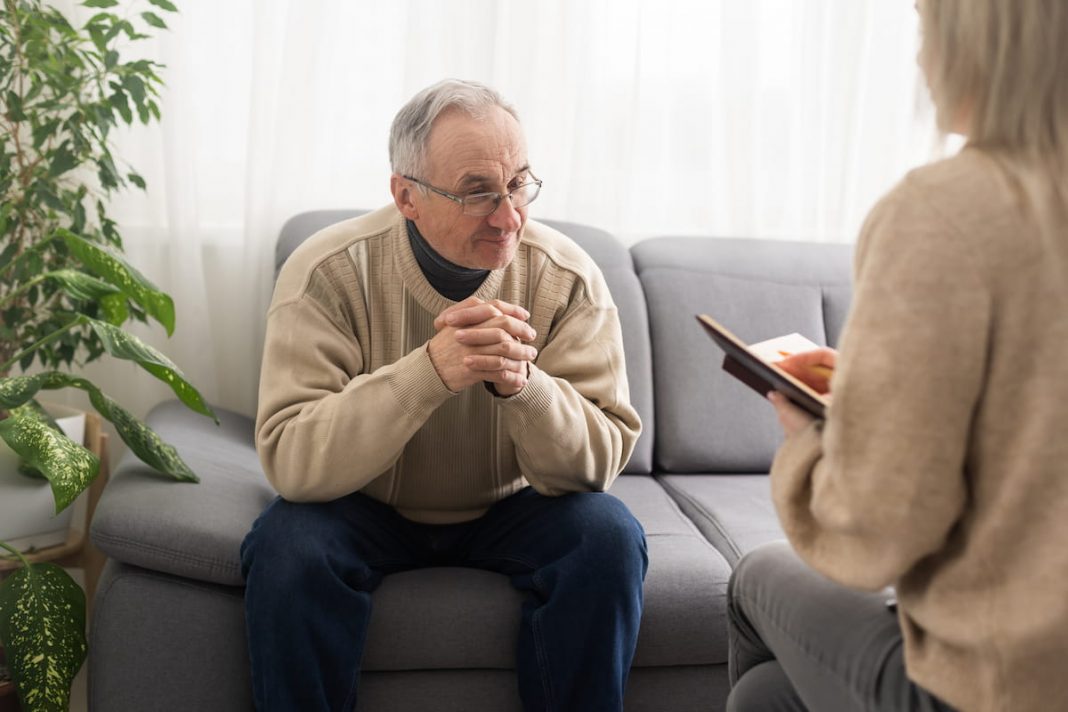Deciding to retire from work is a major decision, one which many spend years looking forward to with an idealised image of freedom to do what one wants, travel, take up hobbies and learn new things. It’s our reward for all those years of hard work, contributions made to our families and society, and the sacrifices we’ve made. Most assume they’re going to be happy and relaxed, free to do whatever they want.
But retirement for some people can be met with feelings of stress, anxiety and depression. Some may feel a loss of identity, loss of meaning or feel directionless. Some might feel isolated and lonely or may not have the money to do the things we want to enjoy. There can also be an expectation from adult children that we are now free and available to mind grandchildren or help with chores. It can also be a time when health might start to decline, and we worry about losing friends and family as we and they age.
So, what’s the best way to have a fulfilling retirement? First of all, it’s about planning for retirement, not just in a financial sense so we have the money to do the things we want, but also in terms of attitude and approach to life in retirement. It’s ok to recognise that there will be things that we lose and miss, like socialising with our colleagues and a daily routine. People who have enjoyed their careers might feel sad and no longer valued. Some common questions are where, who and how can I get my needs met? For example, where will I get my social needs met? What is my identity in terms of what I’m interested in and what do I value? What will I do with my day?
Some things to think about are if you enjoy your work, do you need to retire completely? Or could you stay connected as a volunteer or do some part-time or unpaid work? What hobbies and new things could you learn? Are there new social or interest groups you could become a part of?
In retirement and generally, it’s important to keep looking after your body and your health, including keeping your mind active to ward off ill health. If we haven’t been so healthy during our working life, maybe now is the time to re-evaluate and make some changes. Staying physically active, practicing relaxation, doing things you enjoy, staying connected to others, thinking about what we’re grateful for, setting a routine for the day and getting good sleep is important for everyone.
It is also important to talk to someone about your worries, whether that be a doctor, psychologist, financial planner, friends or family, so that your retirement is as relaxed and fulfilling as possible. Remember, this is your time to be you and to choose how and with whom you want to spend your time.
WITH ASSISTANT PROFESSOR DR VIVIENNE LEWIS, CLINICAL PSYCHOLOGIST AT UNIVERSITY OF CANBERRA



